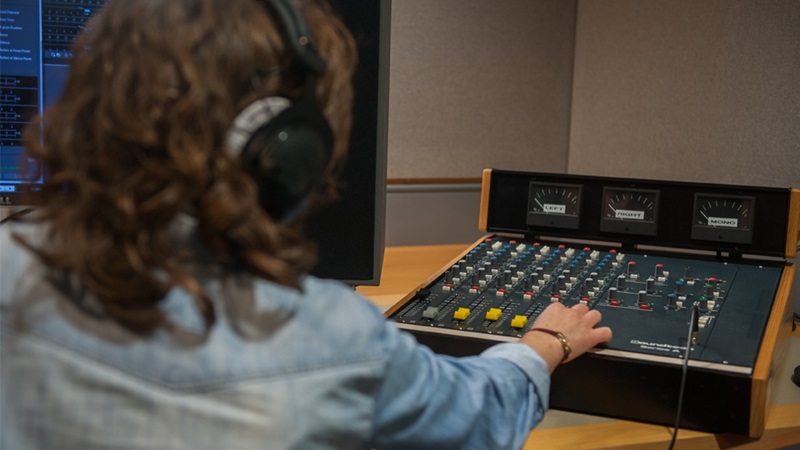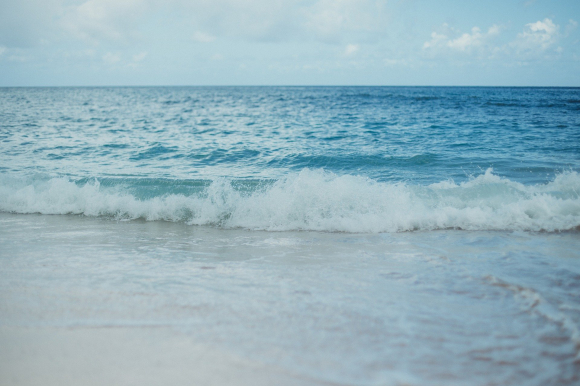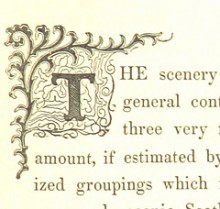The British Library is home to the UK’s sound archive, an extraordinary collection of over 6.5 million recordings of speech, music, wildlife and the environment. These recordings, from the UK and around the world, date from the birth of recorded sound in the 1880s to the present day. The sound archive forms a vital part of the nation’s collective memory and tells a rich story of the diverse history of the UK.

However, sound items are under threat, both from physical degradation, and as the means of playing them disappear from production. Professional consensus internationally is that we have approximately 15 years in which to save many of our sound collections through digitisation, before they become unreadable and are effectively lost.
The Unlocking Our Sound Heritage project – part of the Save our Sounds programme – aims to preserve and provide access to half a million of the nation’s rare and unique sound recordings: not just those in the British Library collections but also key items from other collections preserved across the UK.
The project is swiftly progressing:
- A network of audio preservation centres has been established across the UK, with expert staff in place to catalogue, digitise and preserve sounds
- 100,000 rare and at-risk sound recordings have been digitally preserved
- Through new and improved cataloguing records, discoverability and access to sounds is being improved
- A programme of learning and outreach activities is being delivered nationwide, including workshops, learning events for families, public tours and exhibitions; by the end of the project, even more people will have engaged with sound recordings.

In the “Sound and Vision” blog, the British Library curators showcase interesting and curios examples from the archives, such as this selection of waves recording. There are almost 400 specific recordings of waves in the archives, demonstrating the sheer variety of sounds that the sea can produce.
Or you can enjoy the highly complex chant of the skylark, available also in slow mode so to appreciate every nuance of this romance repeal that male skylarks use to attract partners.
If you prefer to move from natural sounds to humans, you can for example listen to an interesting recording of visual artist Barbara Kruger in conversation with the art historian Griselda Pollock at the Institute of Contemporary Arts (ICA) in 1991.

More:
- Unlocking Our Sound Heritage: https://www.bl.uk/projects/unlocking-our-sound-heritage
- Sound and Vision blog from the British Library: https://blogs.bl.uk/sound-and-vision/index.html
All images from The British Library website.






 If you have interesting news and events to point out in the field of digital cultural heritage, we are waiting for your contribution.
If you have interesting news and events to point out in the field of digital cultural heritage, we are waiting for your contribution.
























